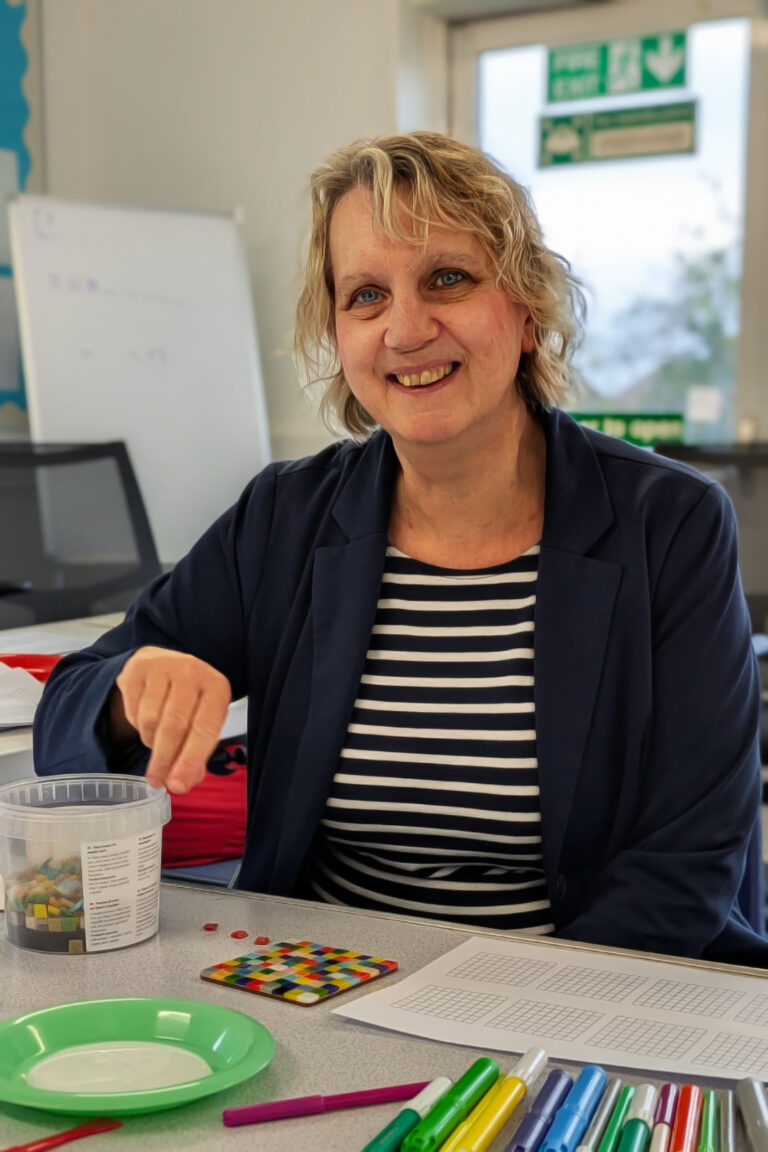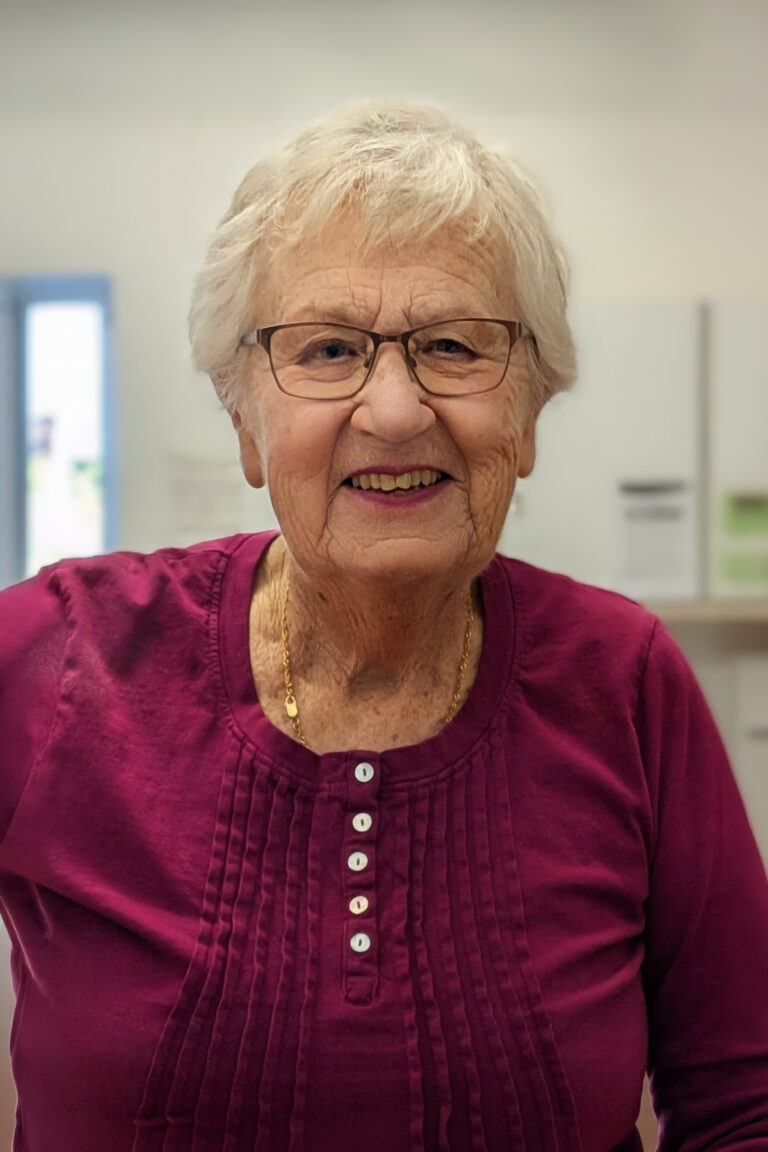I didn’t plan to become a volunteer for this long. When I was due to retire at the end of 2012, the thought of suddenly having empty weekdays stretching ahead of me felt a bit daunting. My partner was still working, and I knew I needed something to keep me occupied — but more than that, something worthwhile.
So, in January 2013, I started training with Citizens Advice. I became an adviser and stayed for six years, working alongside a great team and learning an enormous amount. Around the same time, I also trained with the Coroners’ Court Support Service — and I’ve continued volunteering with them ever since. That work, in particular, has stayed with me in ways I never expected.
I live in a village, so inevitably I’ve been roped into various fundraising efforts too — raffles, cake sales, village events — you know how it goes! It’s all part of village life. I also help out at the Buckingham Summer Club, which gives local children something to do during the holidays. I even try to rustle up a few donations from the supermarkets to keep it going. It’s surprisingly fun, and I really enjoy chatting to the kids.
At one point, I agreed to take minutes for the trustees at Brooklands Day Centre in Newport Pagnell — just to help out a friend. That little favour turned into four years! But that’s the thing with volunteering: it starts as a way to fill time, but if you’re not careful, you get attached.
Over the years, volunteering has become much more than something to keep me busy. It’s now something I genuinely enjoy — I feel like I’m giving something back, and I’ve met some truly lovely people. I’m still in touch with many of my ex-Citizens Advice colleagues; we meet up for lunch now and again. And then there are what I call “The Old Coroners” — the original crew I worked with who have since retired. They probably wouldn’t thank me for the name, although one of them is turning 90 soon, so maybe I’m not far off the mark!
What’s surprised me most is how this has all changed me as a person. I was always used to dealing with people in my job, but I’ve become more outgoing. I’ve learned when to talk and when to simply listen — especially at the coroners’ court. You start to notice the subtle signs: when someone just wants company, when they want to talk, and when they need silence. You start to read people without even realising it.
The work we do at the coroners’ court is quiet, respectful, and can sometimes feel invisible — but it matters. Families are often grateful just to be greeted by a friendly face. Some are completely self-contained, and probably would have managed fine on their own, but even then, they’ll thank you for being there. And every now and then, you know for certain that your presence made a real difference.
One day, a young man came in alone. His mother had died in incredibly tragic circumstances. We’d been informed he might be using drugs, but when he arrived, he seemed okay — calm, polite. I asked if he’d like me to sit with him at the front, as he had no one else with him. He said yes. Throughout the inquest, he barely spoke. I noticed his hands shaking. At first, I thought he might be withdrawing — but then I realised he was sobbing. When the coroner asked if he wanted to say anything about his mum, he couldn’t. He just sat in silence.
After the inquest ended, he didn’t move. He just sat there, still and heavy with emotion. And then, slowly, he started to talk — and he didn’t stop. He poured his heart out. We sat together for a long time. No judgement. No rush. Just presence. That’s what this role is sometimes — simply being there when someone needs it.
It’s not always easy, though. During my partner’s mum’s final illness, I was helping care for her and still trying to keep up with my volunteering. It was hard. I didn’t want to give anything up or let people down, but trying to be everywhere at once took its toll. And at the coroners’ court, we hear some truly heart-breaking things. All of us who volunteer there have at some point gripped our own hands a bit too tightly to stop the tears from coming. You learn to hold yourself together, because if you fall apart, you’re no good to anyone.
But the rewards — they’re not the kind you can measure easily. It’s not about recognition. It’s about knowing you’ve supported someone, even in the smallest of ways. At Milton Keynes, we’ve got a fantastic team and an even better leader, Jenny. We back each other up, cover shifts where we can, and genuinely get on. When you’re sitting around waiting for inquests to start, you talk. You get to know each other. You share stories. You build quiet friendships.
Even now, I get asked to help with all sorts of things in the village — probably because people know I’ll say yes. But it’s flattering in its own way. And volunteering has enhanced my life more than I could’ve predicted. It’s kept me curious, compassionate, and connected.
If I could offer any advice to someone approaching retirement, it would be this: don’t wait until you’re already out of work and twiddling your thumbs. Think carefully about what you’re good at. Think about what you enjoy. Then explore all the volunteering roles in your area. Try something. You never know — what starts as just a way to fill time might turn into something much more meaningful.
And if you’re lucky, like me, you’ll not only give something back — you’ll get a lot back too.

